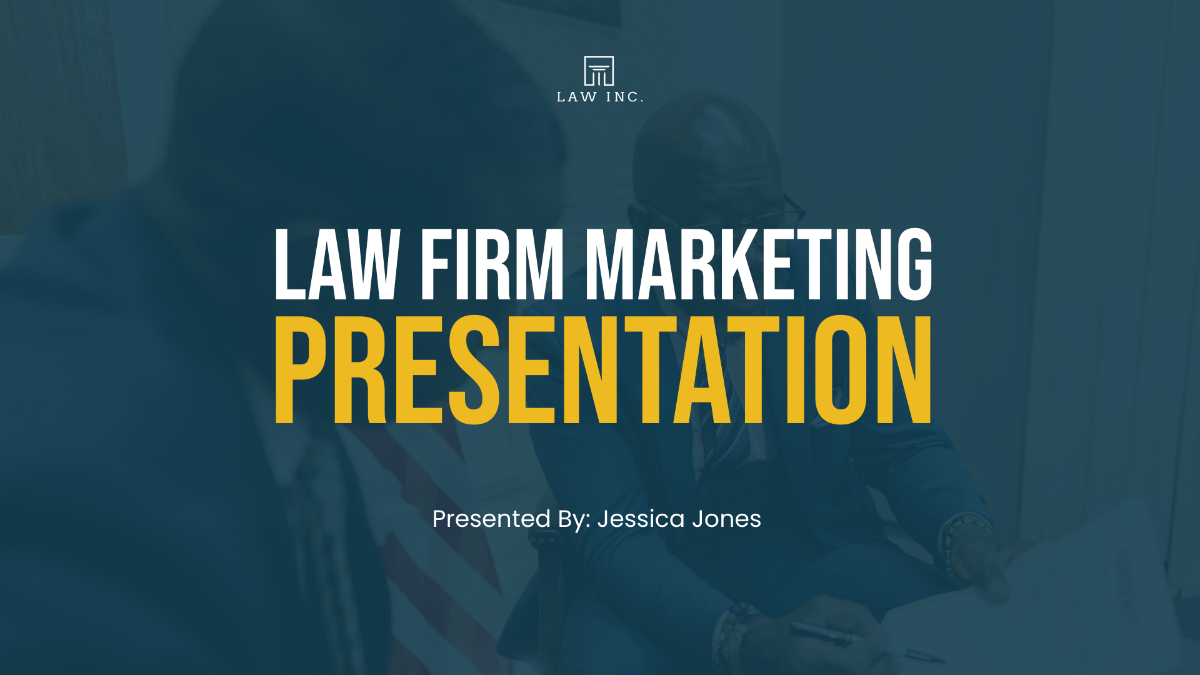judiwhitely34
About judiwhitely34
Legal assistance through the UK court system is a crucial aspect of ensuring that access to justice is available to all, regardless of financial situation.
To conclude, the law courts in the UK play a vital role in upholding the rule of law and ensuring access to justice. The facilities within these courts are essential for the smooth running of legal proceedings and the protection of the rights of individuals. From advanced technology to accessible infrastructure, the design and provision of court facilities are continually evolving to meet the needs of the modern legal system. However, challenges such as budget constraints, outdated buildings, and limited access in rural areas must be addressed to ensure that all individuals can access justice fairly and efficiently. It is crucial for the government and relevant authorities to continue to invest in court facilities to maintain the integrity and efficiency of the legal system in the UK.
 At the base level are the Magistrates’ Courts and County Courts. Magistrates’ Courts deal primarily with summary offences, such as traffic violations, shoplifting, and anti-social behaviour. These courts are usually presided over by a bench of magistrates—volunteer judges—or a single district judge.
At the base level are the Magistrates’ Courts and County Courts. Magistrates’ Courts deal primarily with summary offences, such as traffic violations, shoplifting, and anti-social behaviour. These courts are usually presided over by a bench of magistrates—volunteer judges—or a single district judge.
 Whether in civil law, criminal law, constitutional issues, or human rights cases, the decisions handed down by British courts are not just about resolving individual disputes—they are about building and maintaining a legal system that serves justice, democracy, and the public good.
Whether in civil law, criminal law, constitutional issues, or human rights cases, the decisions handed down by British courts are not just about resolving individual disputes—they are about building and maintaining a legal system that serves justice, democracy, and the public good.
Legal education typically involves completing a law degree or conversion course, followed by professional training through the Law Society or the Honorable Society of King’s Inns. Continuing professional development is required to maintain high standards within the profession.
For more information regarding legal marketing in az take a look at our own web page. Courtrooms in the UK are also increasingly designed to accommodate those with disabilities is another key consideration when designing law court facilities. Courtrooms and other areas are built to be accessible for people with mobility challenges, with ramps, lifts, and seating arrangements that ensure everyone can participate fully in the legal process. Courts also provide specialized equipment, such as hearing loops and sign language interpreters, to ensure that those with hearing impairments can follow proceedings without difficulty.
In some cases, legal aid may also provide funding for expert witnesses or investigators, which can be vital in building a strong case. For example, in medical negligence or complex financial disputes, expert testimony is often necessary to support the claims being made. Without legal aid, these vital resources would be out of reach for many individuals, potentially leading to unjust outcomes.
One of the most important aspects of legal aid in the UK is that it ensures representation for those who are unable to afford a lawyer. In criminal cases, legal aid provides defendants with access to defense lawyers to ensure that they are not disadvantaged due to their financial status. This is essential in maintaining a fair trial, as everyone has the right to legal representation, especially when faced with criminal charges that could lead to serious penalties such as imprisonment. Legal aid covers both the cost of the lawyer and any associated legal costs.
One of the main types of law court facilities include crown courts, magistrates’ courts, county courts, and high courts. Each type of court has specific facilities suited to the nature and complexity of the cases being heard.
Legal literacy in England is also important. Many people are unaware of how courts operate or what their rights are when involved in legal proceedings. Campaigns by legal charities and educational bodies aim to demystify the legal system and make it more approachable for the public.
In addition to the basic infrastructure, UK law courts are also equipped with a range of support facilities to enhance the efficiency of legal proceedings. For example, most courts now have digital filing systems, allowing legal documents to be submitted electronically, reducing the need for paper-based processes. This system speeds up the court process and helps ensure that the court’s resources are used more efficiently.
Children in the justice system is overseen by special Youth Courts, which operate separately from adult courts. These courts aim to focus on rehabilitation rather than punishment, and proceedings are less formal. Young people appearing in court are given additional support and may be referred to youth offending teams for interventions.
In R (Miller) v The Prime Minister (2019), the Supreme Court found that Prime Minister Boris Johnson’s advice to the Queen to prorogue Parliament was unlawful, stating that such a move had an extreme effect on the functioning of democracy. This was a landmark ruling reinforcing the principle that no one, not even the Prime Minister, is above the law.
Irish judiciary also interacts with the European Union legal framework. EU law is directly applicable in Ireland, and Irish courts are obligated to interpret domestic law in line with EU treaties and regulations. The Court of Justice of the European Union (CJEU) in Luxembourg acts as the final arbiter in matters of EU law.
No listing found.
